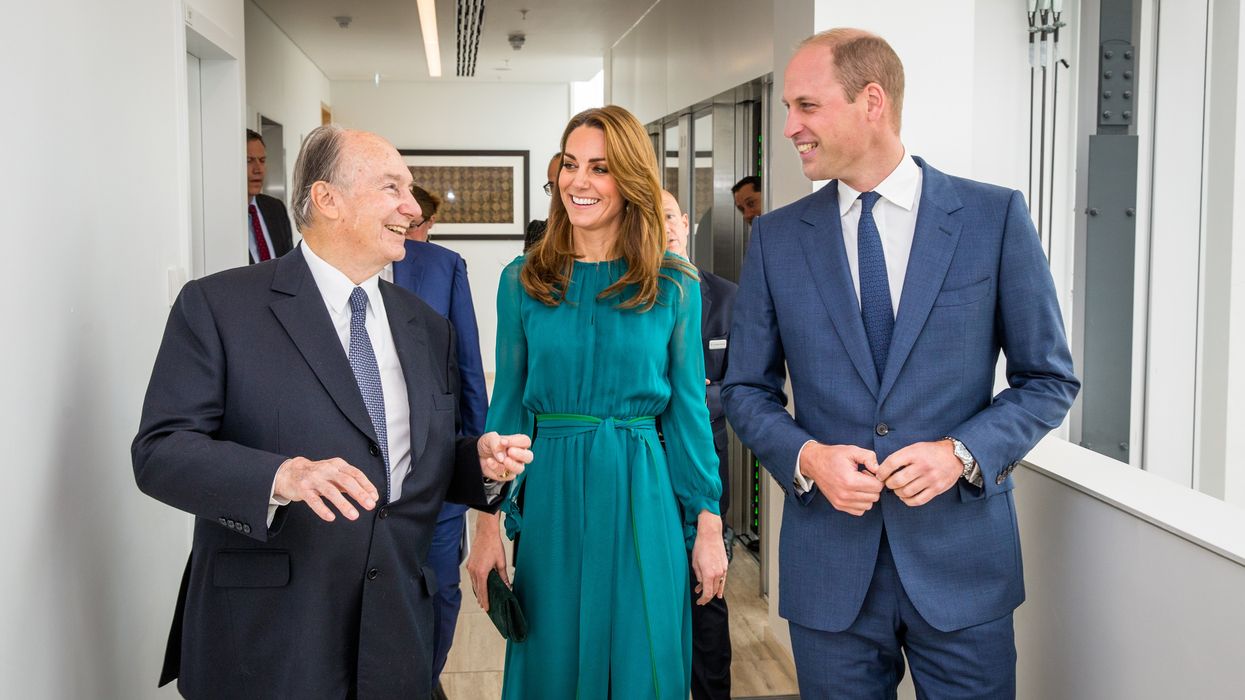The Conservative party has announced a plan to modernise the NHS, focusing on expanding community care services. Key initiatives include the expansion of the Pharmacy First service to offer more treatments without a prescription, the construction of 50 new community diagnostic centres (CDCs), and the modernisation of GP surgeries. These changes aim to improve healthcare access, reduce hospital pressure, and make it easier for patients to receive care locally.
To fund these initiatives, the plan includes cutting NHS managerial positions to pre-pandemic levels and halving government spending on management consultancy. Rishi Sunak emphasised the importance of investing in community services, highlighting the critical role of pharmacies in providing accessible and convenient care. Health secretary Victoria Atkins praised the plan's focus on enhancing the capabilities of pharmacists, GPs, and CDCs to better serve local communities.
To improve healthcare access and reduce hospital pressure, pharmacies will offer more treatments without a prescription. These initiatives will be funded by cutting NHS managerial positions to pre-pandemic levels and halving government spending on management consultancy. Planning guidance will also be revised to ensure health gets a larger share of contributions from new housing developments.
Sunak emphasised the importance of investing in community services. “The NHS is one of our most important national assets, and the Conservatives are taking the long-term decisions to secure its future. We are investing in community services to make it quicker, easier, and more convenient for patients to receive care and help relieve pressure on hospitals,” he said.
Sunak highlighted the critical role of pharmacies and expressed gratitude to pharmacists. “Pharmacies are the lifeblood of their communities, providing continuity and long-term support to patients and families. That’s why we launched Pharmacy First to make it quicker, easier, and more convenient for people to obtain NHS care for seven common conditions locally,” he told Pharmacy Business. Pharmacy First will be expanded to cover more conditions, such as chest infections and menopause, aiming to ease access to NHS care and free up GP capacity. Sunak noted, “This will free up GP capacity so people can access a doctor’s appointment faster and easier. I’d like to thank pharmacists across the country for their essential service to their patients and communities.”
Health secretary Victoria Atkins praised community health services, stating, “Pharmacies, GPs, and Community Diagnostic Centres are the backbone of our NHS.” She said that these services have become more accessible due to “bold action” taken by the government. “Our clear plan will continue to enable our brilliant pharmacists, GPs, and CDCs to do what they do best: serving their local community and boosting capacity in our NHS. We will make the NHS faster, simpler, and fairer for all,” she added.
Read Also: Study: Minority heart failure patients face higher death risk
The plan includes expanding Pharmacy First to offer more contraceptive options, menopause support, and treatment for conditions like acne without a GP visit. This is projected to free up 20 million GP appointments nationwide once fully implemented. Additionally, 100 new GP surgeries will be built, and 150 existing ones will be modernised, especially in high-need areas and regions with significant housing growth. Furthermore, 50 new Community Diagnostic Centres will be created, adding to the 160 already established, and these new centres are expected to provide 2.5 million additional checks and diagnostic tests annually once operational.
Pharmacy First, introduced earlier this year, allows pharmacists to treat and prescribe medication for conditions such as sinusitis, sore throat, earache, infected insect bites, impetigo, shingles, and uncomplicated urinary tract infections in women.




















